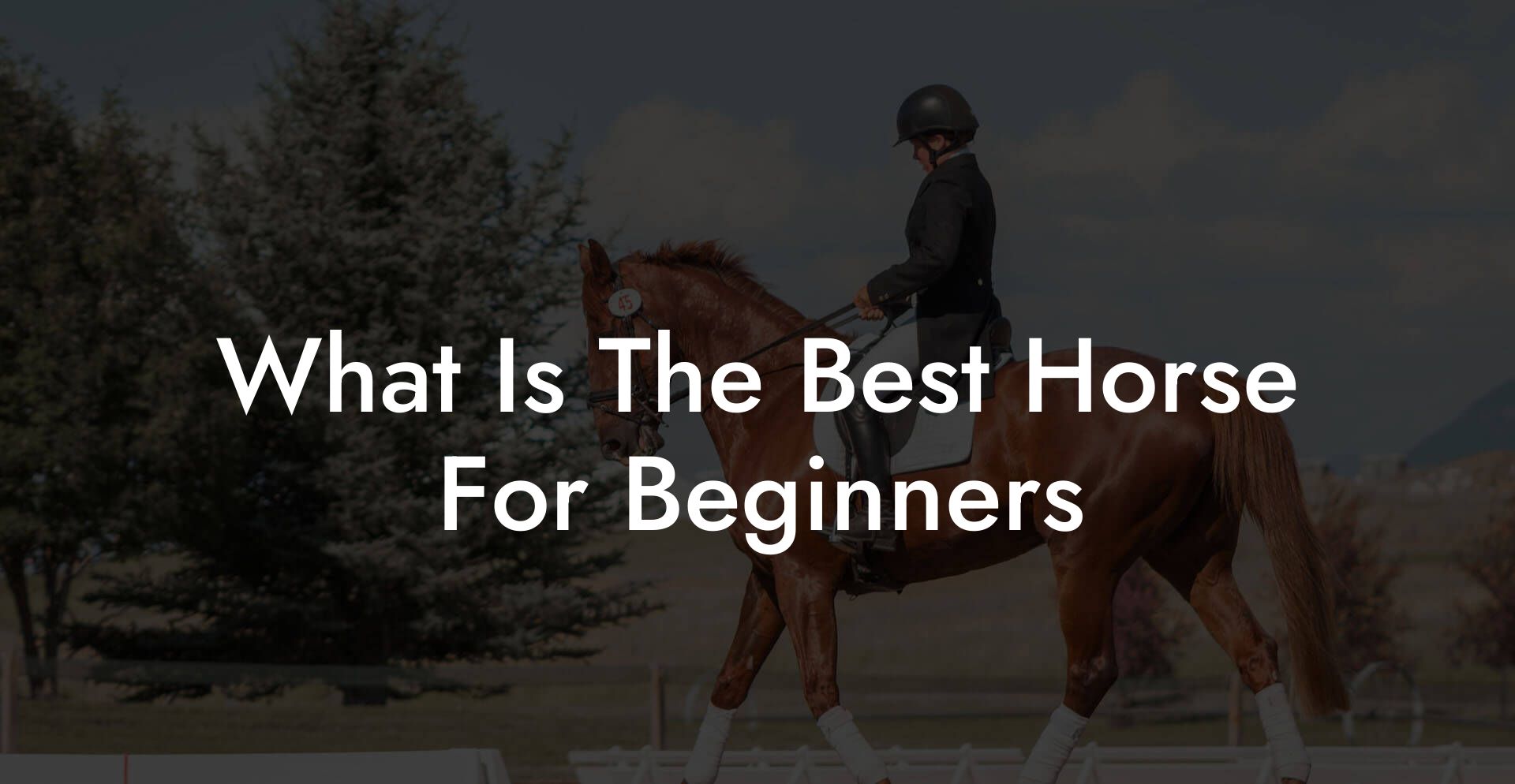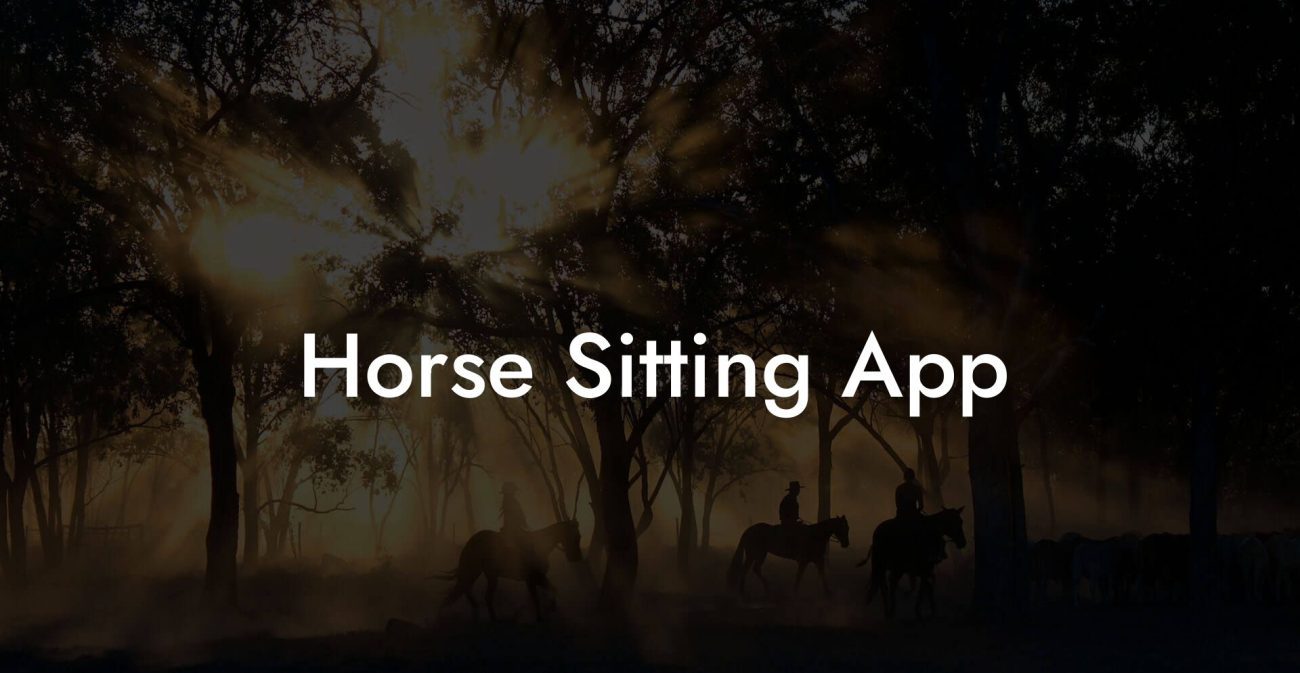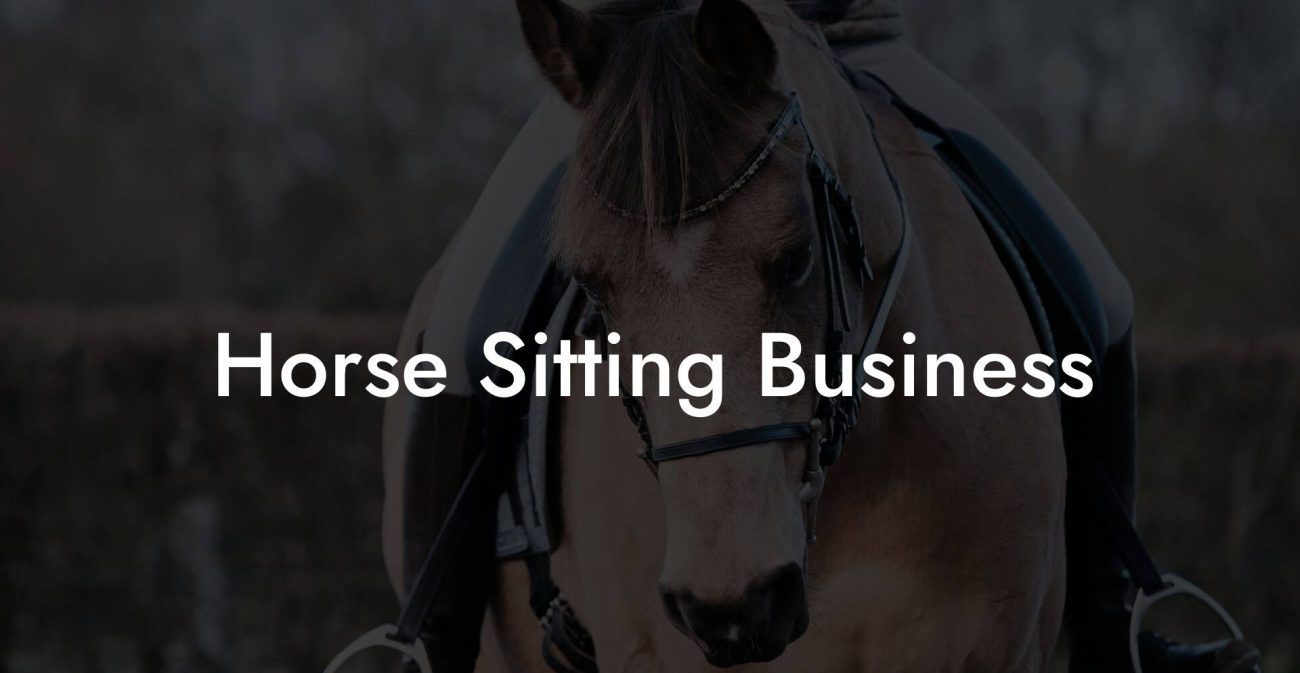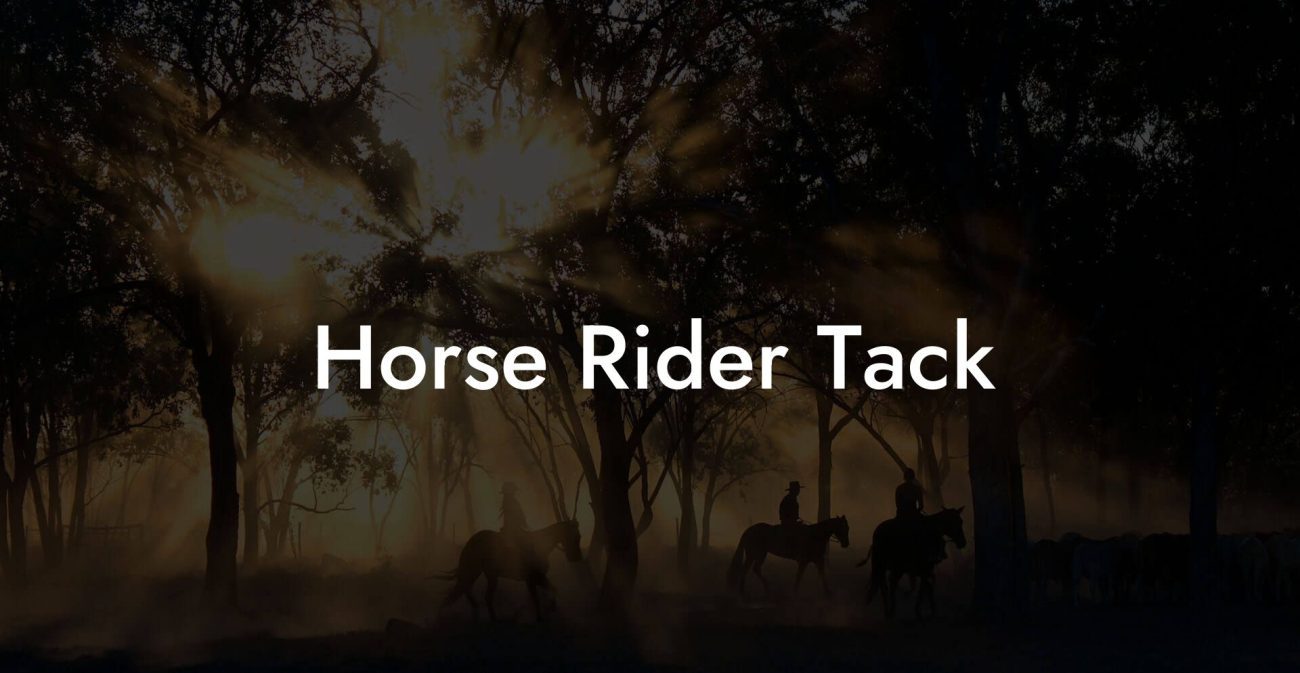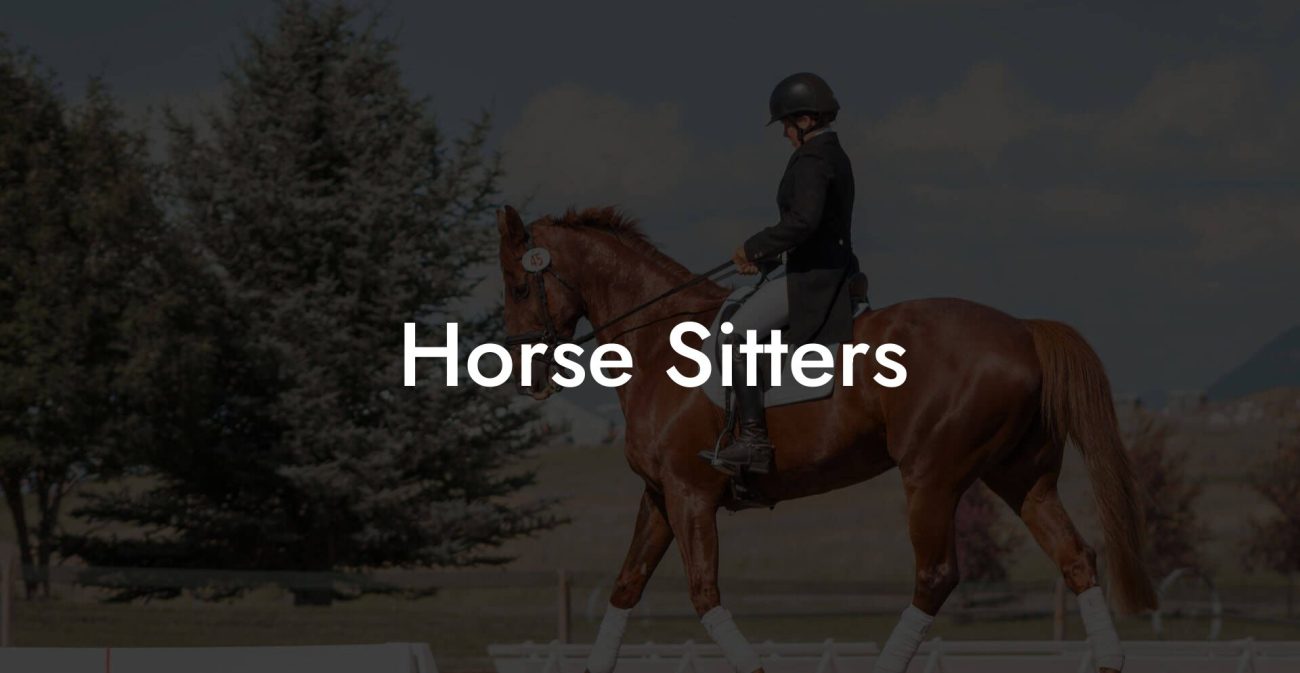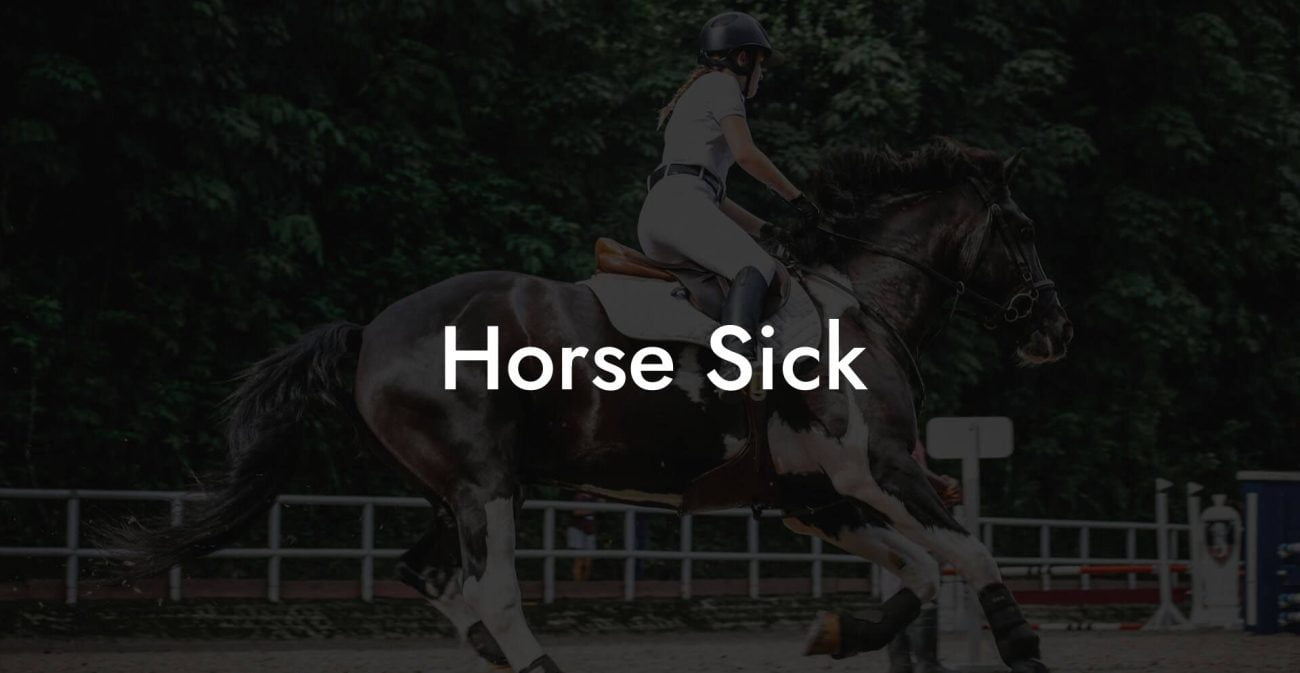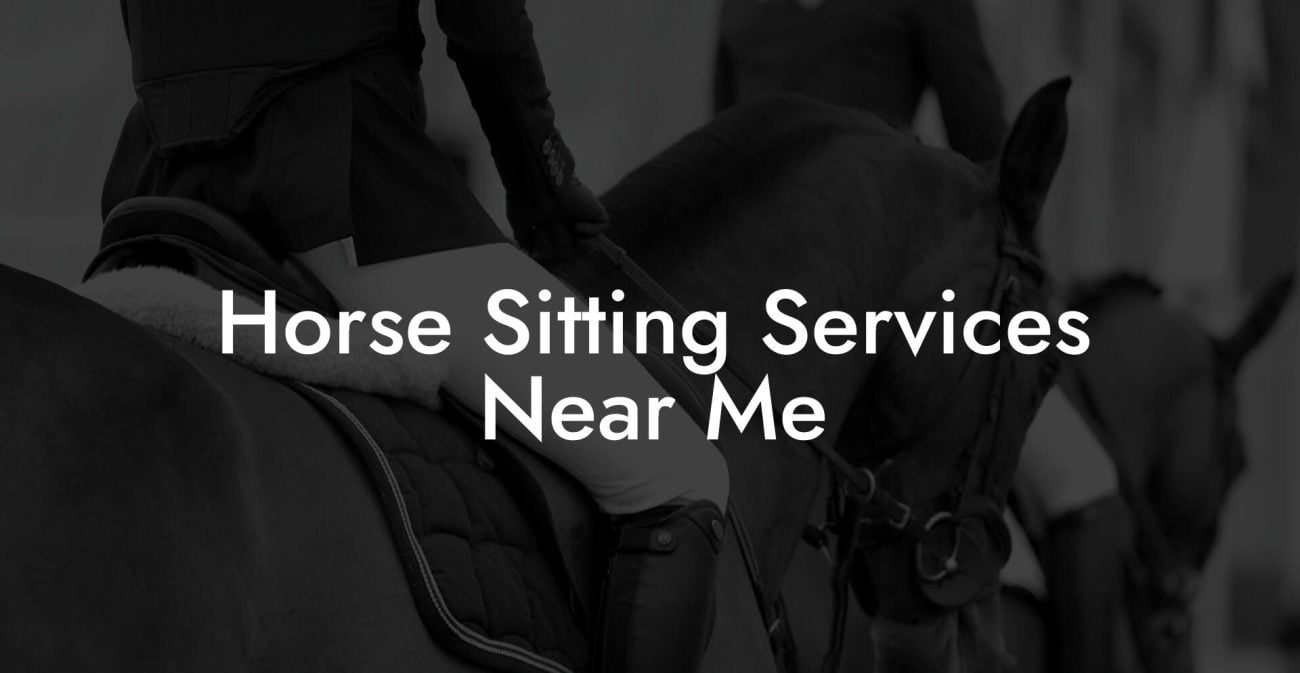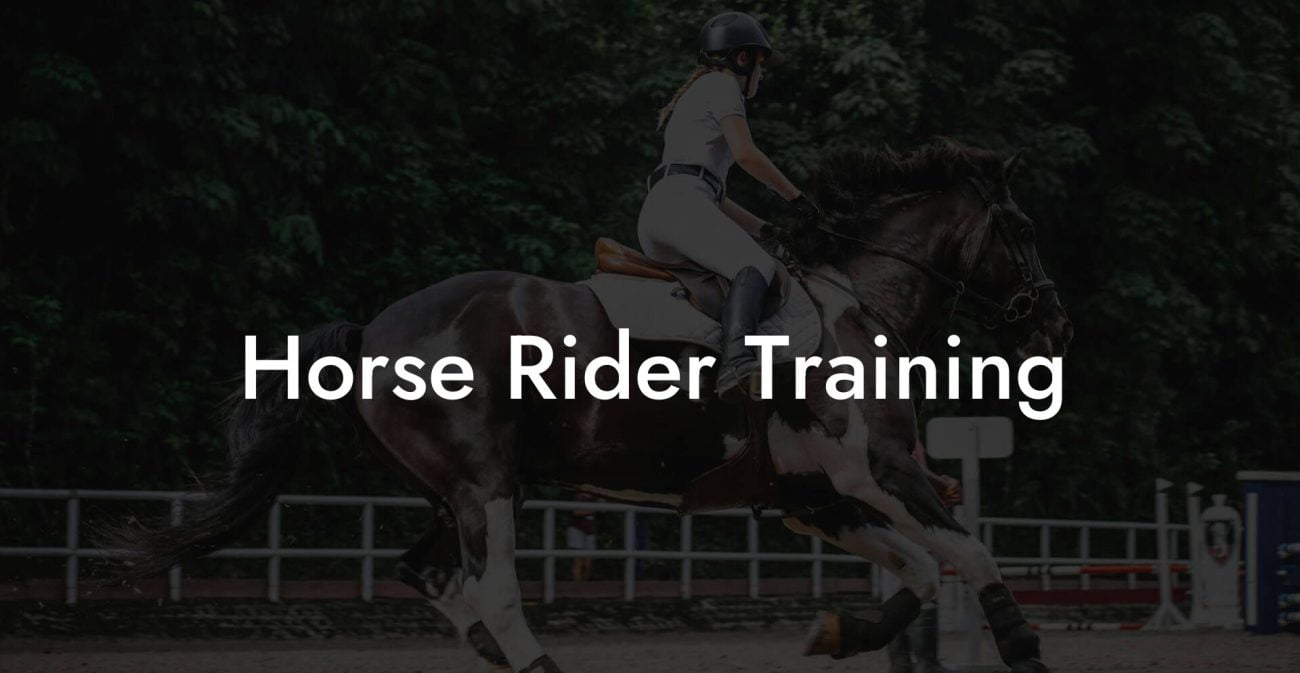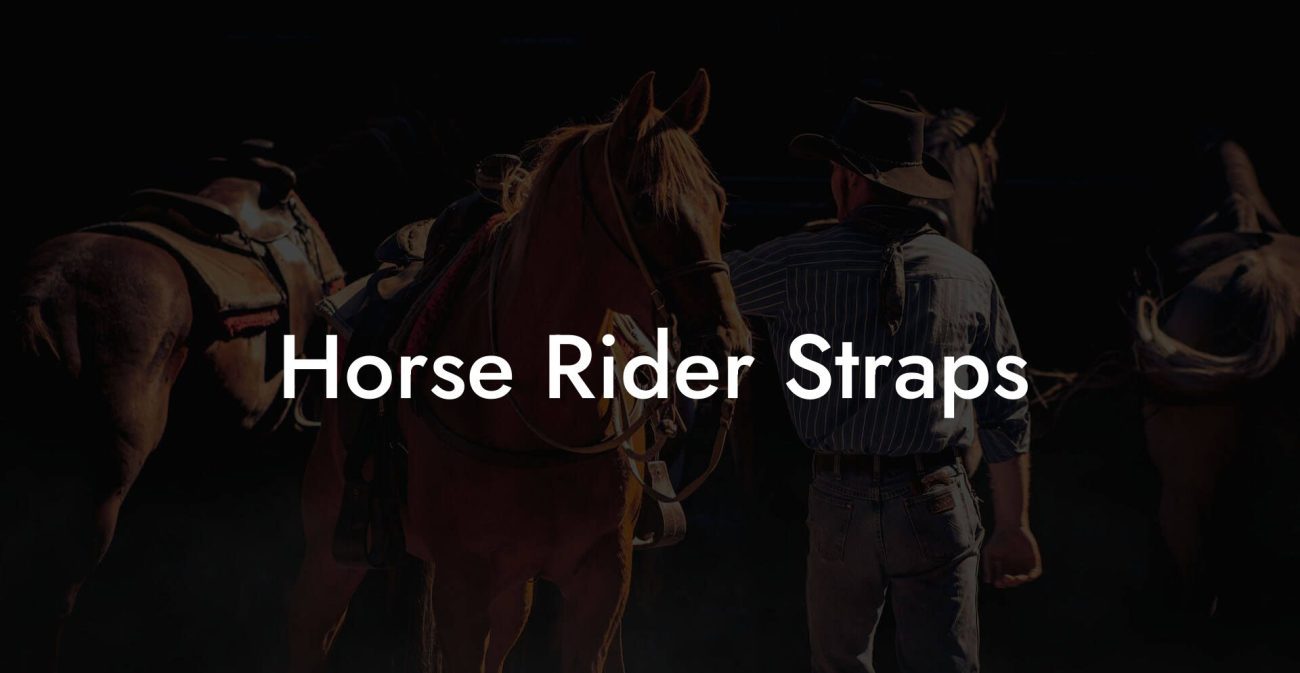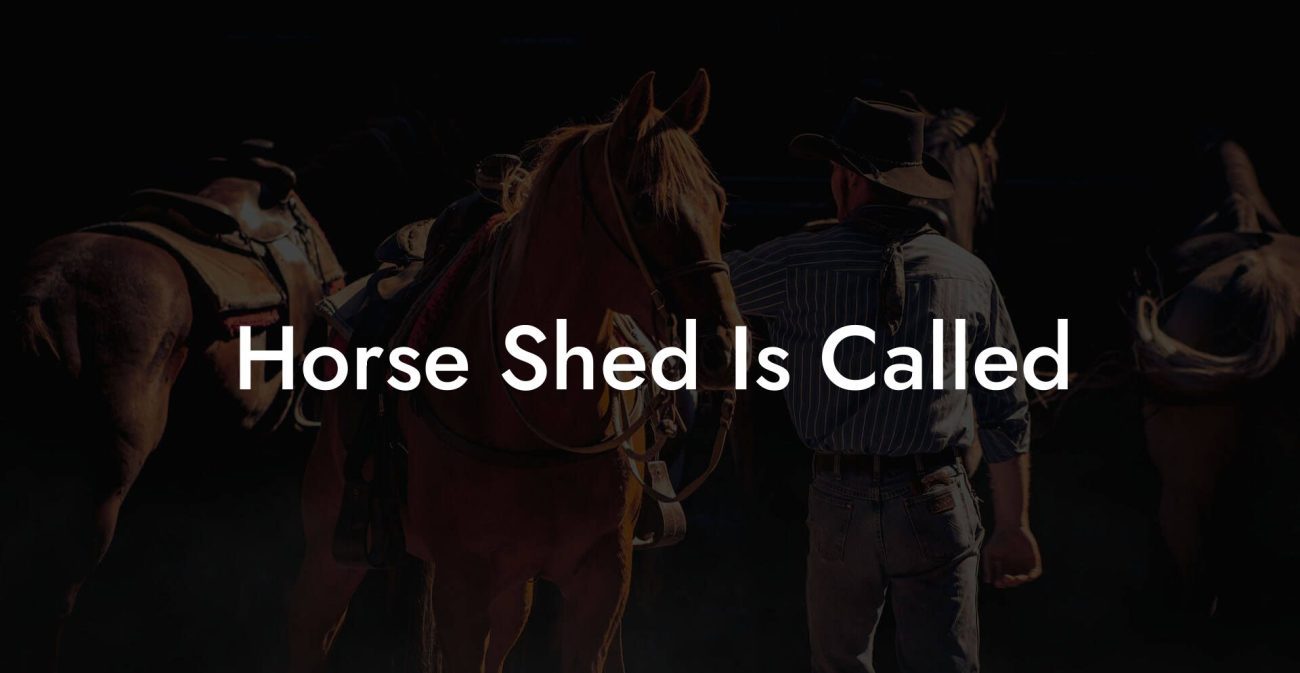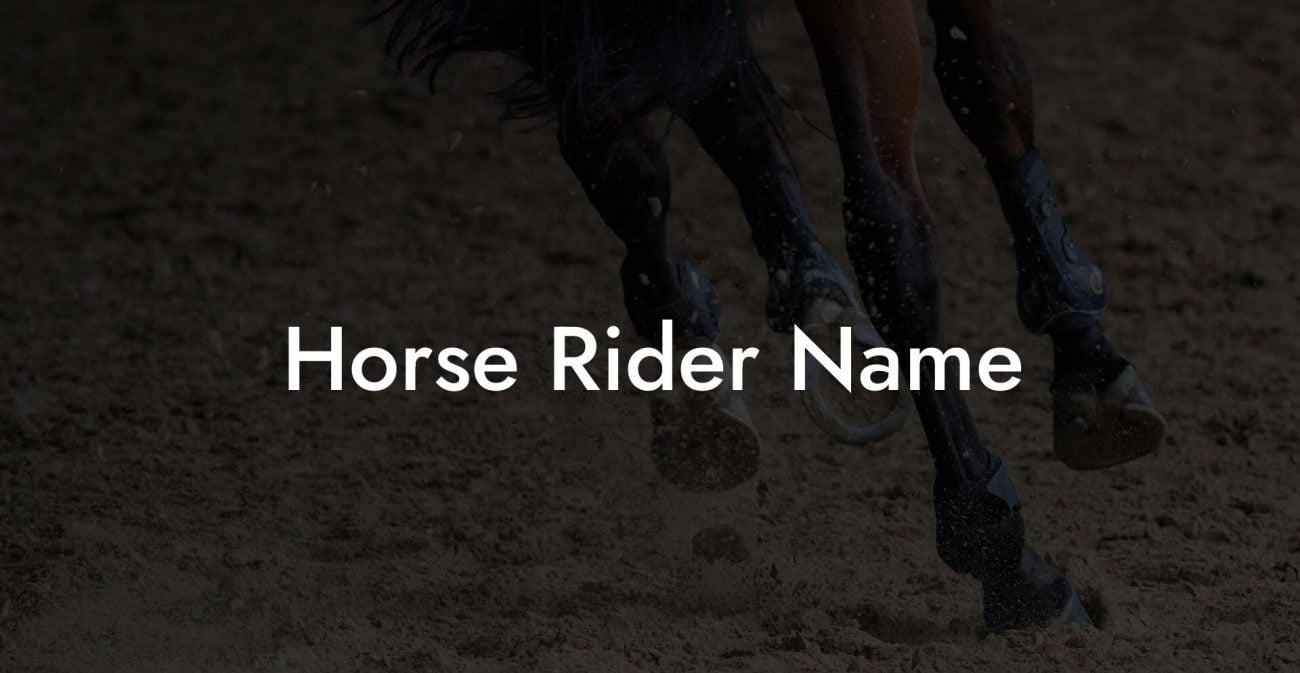Ever spent a summer scrolling through TikTok only to stumble upon breathtaking horse riding videos and wondered, “Could my first ride be with a horse that's as chill as my favorite hoodie?” If you're a Gen Z or millennial newbie eager to dive into the equestrian world without the high-maintenance drama, you've landed in the right place. Today, we’re exploring what makes the best horse for beginners – a four-legged friend who’s not only reliable and safe but also as down-to-earth as your favorite cafe hangout.
Quick Links to Useful Sections
- What Makes a Great Beginner Horse?
- Common Horse Breeds Ideal for Beginners
- American Quarter Horse
- Paint Horse
- Appaloosa
- Morgan Horse
- Irish Sport Horse
- Evaluating a Horse for Your First Ride
- Temperament Testing
- Handling History
- Health Check
- Riding History
- Trial Rides
- horse care Basics: Feed, Groom, and Exercise
- Feeding and nutrition
- Grooming Routine
- Exercise and Movement
- Training Tips and Safety Considerations for New Riders
- Start with Professional Lessons
- Wear Proper Gear
- Practice Groundwork
- Know Your Limits
- Building a Strong Bond and Understanding Your Horse
- The Emotional Connection
- Learning Horse Body Language
- Time and Consistency
- Integrating Holistic Horsemanship: More Than Just Riding
- Mindfulness in the Arena
- Nutrition for Peak Performance
- Regular Health Checks & Natural Therapies
- Community and Shared Experiences
- Case Studies: First-Time Equestrians Discover Their Perfect Match
- Case Study 1: Emily’s Journey with a Gentle Quarter Horse
- Case Study 2: Mark’s Transformation with an Appaloosa Companion
- Case Study 3: Zoe’s Adventure with a Morgan – Overcoming Beginner Hurdles
- Resources and Community Support: Your Next Steps
- Join Local Equestrian Clubs
- Follow Online Forums and Social Media Groups
- Check Out Books, Blogs, and Podcasts
- Visit Local Stables and Riding Schools
- Frequently Asked Questions About the Best Horses for Beginners
- Your Journey Towards a Rewarding Equestrian Future
What Makes a Great Beginner Horse?
When searching for the best horse for beginners, you’re not just looking for a majestic animal to post Instagram stories with – you need a partner in crime (or calm serenity) that is gentle, well-trained, and forgiving of rookie mistakes. A great beginner horse typically has:
- Calm Temperament: A horse with a laid-back attitude that won’t freak out at the sound of a dropping bucket or a sudden movement.
- Willingness to Learn: Just like you on your first day at a new job, a horse should be open to new experiences and patient with a novice rider.
- Good training Background: A horse that’s been gently trained, so it’s easier for you to learn the ropes (or reins).
- Size and Strength: Not too big, not too small – think Goldilocks, but for horses. A manageable size will make handling and care easier for a beginner.
- Trustworthy health & Soundness: A healthy horse with regular medical check-ups and a solid history of care ensures you’re partnering with an animal that’s here for the long haul.
These traits aren’t just wishful thinking – they’re fundamental to creating a safe, enjoyable, and even Instagram-worthy equestrian journey.
Common Horse Breeds Ideal for Beginners
When it comes to picking your equine BFF, the breed matters – but not as much as their temperament and training. That said, some breeds have a reputation for being especially accommodating for first-timers.
American Quarter Horse
Renowned for their versatility and gentle nature, American Quarter Horses are a top pick. Known for their calm demeanor and willingness to please, these horses are perfect for riding lessons, trail rides, and even ranch work. Their friendly personalities make them approachable for nervous beginners.
Paint Horse
With their striking coat patterns and equally attractive temperament, Paint Horses are not just eye candy – they’re also incredibly reliable. Their strong, confident yet patient attitude means they’re great for riders who are just starting out.
Appaloosa
If you’re looking to add a splash of color both in looks and personality, Appaloosas might just be your match. Known for their distinctive spotted coats and friendly behavior, they are usually well-mannered and eager to bond, making the transition from “newbie” to “confident rider” that much smoother.
Morgan Horse
Morgan Horses are celebrated for their endurance and versatility. Their natural athleticism is paired with a kind and willing nature. They’re particularly well-suited to beginners thanks to their balanced demeanor and trainability.
Irish Sport Horse
A bit larger and more robust, the Irish Sport Horse is ideal for those ready to take the next step into competitive arenas – but they’re also gentle enough for beginners when well-handled. Their calm, steady nature and strong work ethic make them an excellent future investment in your riding career.
While these breeds are widely recommended, remember every horse is an individual. It’s always best to assess the specific horse rather than picking solely based on breed standards.
Evaluating a Horse for Your First Ride
It might seem like a daunting task to size up a living animal, but fear not – we’ve got your back. Here’s a checklist of traits to consider when evaluating a horse as a beginner:
Temperament Testing
Start with a simple hand-feeding session or a grooming ritual. Observe how the horse reacts. Does it approach you with curiosity, or does it act like it’s about to launch into a full sprint at the slightest movement?
Handling History
Ask the current owner or trainer about the horse’s daily routine and training background. A horse that’s been trained with consistency and kindness is more likely to be patient with a new rider.
Health Check
It can be intimidating to ask a vet about a potential partner’s health issues, but trust us on this one. Look for signs of good overall health – clear eyes, a shiny coat, and a steady gait. A pre-purchase exam by a trusted veterinarian is a smart move.
Riding History
A horse that frequently gets ridden will generally have a more polished response in the saddle. Ask about its current training level and comfort with various riding disciplines.
Trial Rides
If possible, take the horse for a short, supervised ride. Nothing beats firsthand experience. This way, you can gauge how the horse responds to your cues and whether you share a spark of mutual trust.
Combining these evaluation methods ensures that you not only choose a horse that is technically sound, but one that resonates with your personality and riding goals.
horse care Basics: Feed, Groom, and Exercise
Owning a horse is like having a celebrity pet – they need attention, proper care, and a lot of love. Whether you’re managing stables or just hanging out in an open field, here are some essential tips to keep your beginner horse happy and healthy.
Feeding and nutrition
Think of your horse’s diet like that of a well-balanced smoothie bowl: it needs a mix of wholesome ingredients. For starters, high-quality hay is a staple in a horse’s diet. Depending on your horse's age, activity level, and health, you might also include grains, vitamin supplements, or specially formulated feed.
Always ensure your horse has access to clean, fresh water throughout the day. Hydration is key for digestion and overall health.
Grooming Routine
Grooming isn’t just about keeping your horse Instagram-ready; it’s a vital aspect of their routine health. Regular grooming sessions foster trust, allow you to check for injuries or skin issues, and help to manage shedding. Equip yourself with brushes, combs, and hoof picks – and don’t worry if you get a little hay in your hair; it’s part of the charm.
Exercise and Movement
Like us, horses thrive on regular exercise. For beginners, a mix of light trot, walk-outs, and controlled sprinting sessions is ideal. Not only does consistent movement build muscle tone and endurance, but it also reinforces good behavior and training. If you're planning extensive rides, consider varying the exercise routine to include trail rides that challenge both your horse and your riding skills.
Remember, a well-exercised horse is a happy horse – and a happy horse makes for a smooth start to your equestrian journey.
Training Tips and Safety Considerations for New Riders
With your potential equine sidekick in mind, safety and proper training are non-negotiable. Think of it as your equestrian starter pack – the right gear, a patient approach, and some common sense will set you up for success.
Start with Professional Lessons
Even if you’re a quick study, riding lessons with a certified instructor are invaluable. Not only will you learn proper riding posture and techniques, but you’ll also gain insights into effective communication with your horse. Plus, having an expert around is like having a safety net when you’re still learning to trust your balance.
Wear Proper Gear
Safety first, style second! Helmets, proper riding boots, and well-fitted riding pants are essential. Many riding schools offer gear rental options, but investing in your own equipment as you progress is a smart move.
Practice Groundwork
Building respect and clear communication with your horse doesn’t begin in the saddle. Spend time on the ground practicing grooming, leading, and even simple exercises like lunging. These activities form the foundation of trust and foster a deeper bond, making your riding sessions smoother and safer.
Know Your Limits
Just like your favorite video game levels, it’s important to start easy and work your way up. Avoid taking on challenging rides or difficult terrain until you and your horse have developed a solid partnership. Patience is key – and yes, a few wobbly moments are perfectly normal in the learning process.
With time, practice, and proper guidance, you’ll build the confidence required for both skillful riding and a secure, enjoyable experience.
Building a Strong Bond and Understanding Your Horse
A memorable riding journey is built on more than just the technicalities of care and training – it's about forming an authentic connection with your horse. For most beginners, your horse can quickly become a loyal friend, confidant, and a source of endless memes-worthy moments.
The Emotional Connection
Horses are sensitive creatures that pick up on your mood and energy. As you spend time grooming, feeding, and simply enjoying their company, a bond develops naturally. This connection not only boosts your confidence as a rider but also helps reduce stress levels for both you and your equine companion.
Learning Horse Body Language
Much like deciphering the latest slang, understanding a horse’s body language is an essential skill. Learn to recognize subtle cues – from ear positions, tail swishes to the way they shift their weight. This insight helps anticipate their needs and moods, ensuring a smoother riding experience and a deeper mutual understanding.
Time and Consistency
Trust isn’t built overnight – and neither is a solid riding partnership. Regular, consistent interactions and shared experiences will gradually cement your relationship. Whether it’s through daily grooming sessions or regular trail rides, investing time in the relationship reaps long-term rewards.
In short, building a bond with your horse is like nurturing a great friendship: it requires time, care, and a dash of humor to navigate the occasional stubborn day.
Integrating Holistic Horsemanship: More Than Just Riding
Modern horsemanship isn’t solely about riding – it’s about embracing a lifestyle that marries physical activity, mindfulness, and well-being. For beginners transitioning into equestrian life, integrating holistic care practices can be transformative.
Mindfulness in the Arena
Ever notice how a calm mind can transform a hectic morning commute? The same applies to riding. Mindfulness techniques, like focused breathing and meditation, help you stay present during your rides, reducing anxiety and enhancing the connection with your horse.
Nutrition for Peak Performance
Just as you wouldn’t fuel your day with nothing but junk food, your horse needs a balanced diet to maintain energy and health. Explore natural feed options, consider supplements recommended by your vet, and ensure your horse is receiving the right balance of hay, grains, and fresh water.
Regular Health Checks & Natural Therapies
Holistic horsemanship includes periodic health checks – be it dental, hoof, or general wellness examinations. Additionally, some riders are embracing alternative therapies such as acupuncture or massage tailored for horses. These can help alleviate minor aches and maintain overall well-being.
Community and Shared Experiences
Integrative care also involves connecting with others who share your passion. Whether through local equestrian clubs, online communities, or social media groups, surround yourself with positive influences and fellow enthusiasts who can share tips, experiences, and plenty of relatable humor along the way.
Adopting a holistic approach ensures you and your horse thrive together, blending the art of riding with a healthy, mindful lifestyle.
Case Studies: First-Time Equestrians Discover Their Perfect Match
We know theory is great, but nothing beats real-life success stories to inspire your journey. Check out these case studies where beginners found their ideal equine partners and transformed their riding dreams into reality.
Case Study 1: Emily’s Journey with a Gentle Quarter Horse
Emily, a 24-year-old graphic designer with a passion for nature and sunsets, decided to step out of her comfort zone and try equestrian riding. After weeks of research, she connected with an American Quarter Horse known for its calm demeanor. Initially nervous about handling such a majestic creature, Emily’s fears were eased by the horse’s patient training and gentle nature. With regular lessons and heartfelt bonding sessions, she not only mastered basic riding skills but also discovered a newfound sense of confidence – all while capturing unforgettable moments for her social feed.
Case Study 2: Mark’s Transformation with an Appaloosa Companion
At 31, Mark was juggling a high-stress job in tech and long work hours. Seeking a change, he decided to try something radically different: horseback riding. He was paired with an Appaloosa with a quirky, spunky personality that mirrored his own. Their journey was filled with trial rides, humorous mishaps (including a memorable incident involving a wayward hay bale), and slowly building mutual trust. Mark credits his horse’s steady guidance for teaching him about patience, mindfulness, and the importance of taking time for himself – lessons that resonated both in and out of the saddle.
Case Study 3: Zoe’s Adventure with a Morgan – Overcoming Beginner Hurdles
Zoe, an energetic 27-year-old social media manager with a keen interest in fitness and outdoor activities, was determined to start riding but was intimidated by the learning curve. Her first encounter with a Morgan Horse changed everything. The horse’s balanced temperament and excellent training helped ease her initial jitters. Despite a few tumbles (which later became hilarious anecdotes shared over coffee with friends), Zoe’s dedication and the horse’s considerate nature led to a blossoming partnership built on mutual respect and plenty of laughter.
These case studies highlight that no matter your background or initial apprehension, with the right horse and a personalized, humane approach, the equestrian journey becomes a rewarding blend of skill, connection, and fun.
Resources and Community Support: Your Next Steps
Diving into the equestrian world might feel a bit like stepping into an elite club, but trust us, there’s a welcoming community out there ready to share tips, lend a hoof, and offer advice. Here are some actionable ways to connect, learn, and grow as a beginner rider:
Join Local Equestrian Clubs
Footloose and fancy-free riding clubs and local stables often offer lessons, riding practice sessions, and community events. These clubs provide a safe environment to ask questions and gain hands-on experience.
Follow Online Forums and Social Media Groups
Platforms like Reddit, Facebook groups, and Instagram are treasure troves of equestrian wisdom. Find communities dedicated to horse care, dressage tips, and even hilarious riding mishaps. Engaging with these groups can give you insights that no textbook ever could.
Check Out Books, Blogs, and Podcasts
Whether you’re an auditory learner or a devourer of informative reading, there’s content for every type of equestrian enthusiast. Look for blogs that offer practical tips, podcasts where experts share their experiences, or books that delve deep into the art of horsemanship.
Visit Local Stables and Riding Schools
Nothing beats visiting a stable for a firsthand experience. Many stables offer trial lessons that introduce you to basic riding techniques, allowing you to meet different horses and trainers. This direct interaction is invaluable in refining your preferences and style.
With these resources, you’re not just buying into a hobby – you’re joining a passionate community that supports each other through every tumble, triumph, and transformational moment in the world of horses.
Frequently Asked Questions About the Best Horses for Beginners
It’s time to clear up some common queries and debunk myths that might be holding you back from embarking on your equestrian adventure.
1. What is the absolute best breed for a beginner rider?
While the American Quarter Horse is a frequent recommendation due to its calm temperament, the best breed depends on your personal riding goals, size, and experience level. Other breeds like Paint Horses and Morgans are also great options.
2. How can I tell if a horse is beginner-friendly?
Look for a horse with a gentle disposition, a history of proper training, and a calm, consistent temperament. It’s essential to spend time with the horse on the ground before riding to gauge its behavior.
3. Do I need to worry about the cost when choosing a beginner horse?
While cost is always a factor, many stables offer leasing or rent-to-own options. Also, consider the long-term investment – a well-cared-for, beginner-friendly horse can save money in training and health costs over time.
4. Is it safe to learn riding on any horse?
Definitely not. Safety should be your top priority. Always choose a horse that is known for its calm behavior and is used to working with new riders. Professional instruction and proper gear further mitigate risks.
5. How involved do I need to be in the horse’s care?
Caring for a horse is a year-round commitment that includes feeding, grooming, and health check-ups. Even if you’re riding professionally, understanding the basics of horse care strengthens your bond and enhances the riding experience.
6. Can I learn proper riding skills online?
Online resources and tutorials are great for supplementary learning, but hands-on training with a certified instructor is crucial, especially in the beginning.
7. What are some common mistakes beginners make?
Common pitfalls include rushing the process, overestimating a horse’s capabilities, or undervaluing safety gear. A measured, patient approach goes a long way in building a sustainable riding hobby.
8. How do I determine the right training level for my horse?
Evaluate the horse’s current training history, your riding ability, and your long-term equestrian goals. Consulting an experienced trainer can provide tailored advice.
9. Are there holistic practices that can help improve my riding experience?
Yes, many riders use mindfulness, proper nutrition, and regular health routines for both themselves and their horses. These practices enhance overall well-being and improve the riding experience.
10. Where can I get more information on beginner horse care?
Look for reputable equestrian blogs, your local riding club, or consult with veterinary professionals who specialize in equine care. The equestrian community is full of enthusiasts eager to share their knowledge!
Your Journey Towards a Rewarding Equestrian Future
Embarking on your equestrian adventure is like starting a new chapter in a choose-your-own-adventure book, every ride, every grooming session, and every stumble along the way adds up to an experience that’s uniquely yours. The search for the best horse as a beginner isn’t simply about finding the right breed – it’s about choosing a faithful companion who will challenge, support, and inspire you.
Whether you’re drawn to the dependable charm of the American Quarter Horse, the colorful personality of an Appaloosa, or the versatile spirit of a Morgan, remember that the best horse is one that fits your lifestyle, goals, and heart. With patience, research, and the support of a vibrant equestrian community, you’re well on your way to turning those first shaky rides into confident strides.
Embrace every moment, from the excitement of that first trot to the indispensable lessons learned from minor mishaps. Your journey is not only about mastering the reins but also about cultivating a deep, intuitive bond that transcends language, a partnership of trust where both you and your horse evolve together.
So, charge ahead with confidence, curiosity, and a dash of humor. The equestrian world is vast, welcoming, and rich with opportunities to learn, grow, and create memories that will last a lifetime. Your ultimate adventure begins with that one perfect, fudgy, and utterly patient horse. Happy riding!

